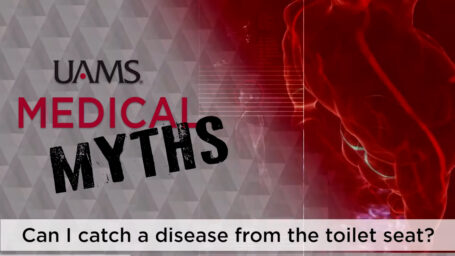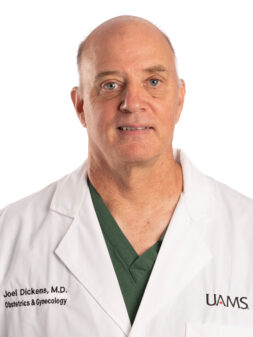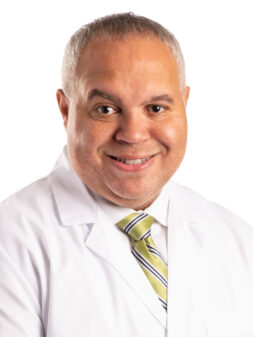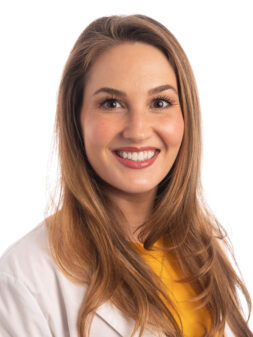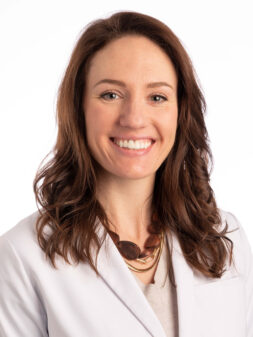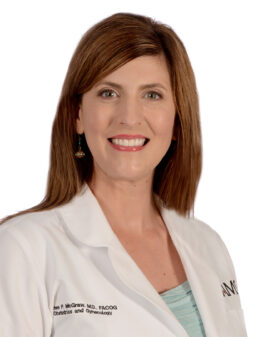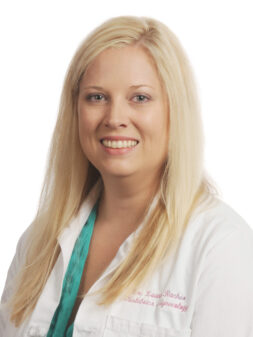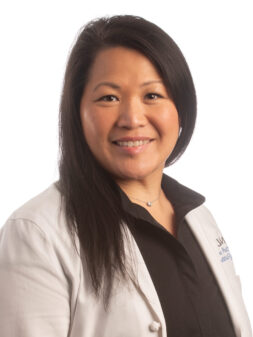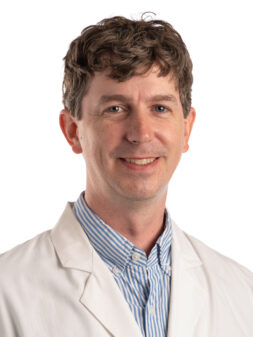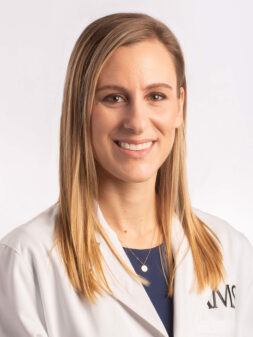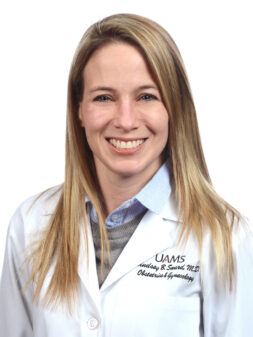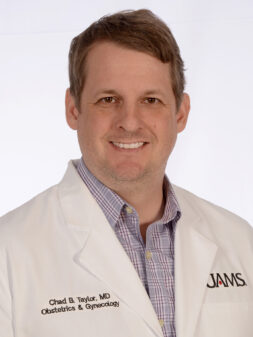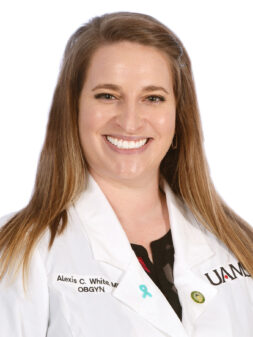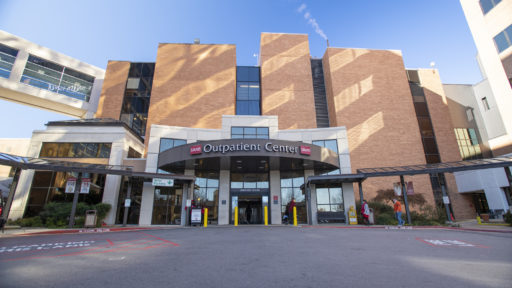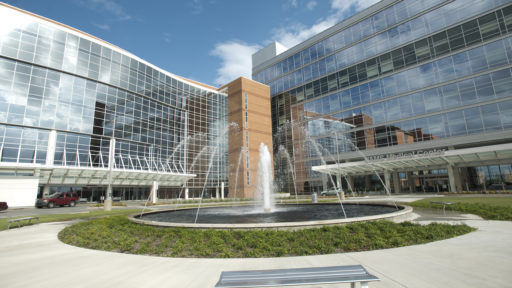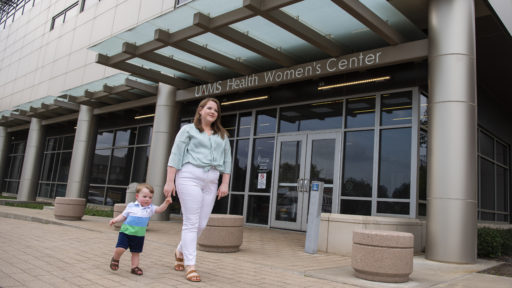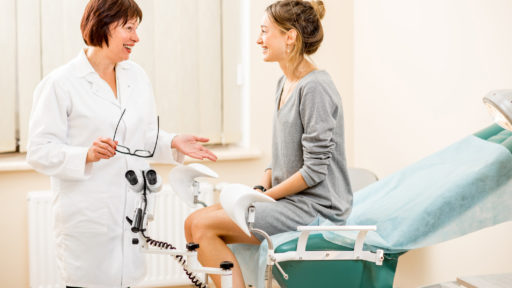Also called: STD; Sexually Transmitted Infection
What are sexually transmitted infections (STIs)?
Sexually transmitted infections (STIs), or sexually transmitted diseases (STDs), are infections that are passed from one person to another through sexual contact. They are usually spread during vaginal, oral, or anal sex. But sometimes they can spread through other sexual contact involving the penis, vagina, mouth, or anus. This is because some STIs, like herpes and HPV, are spread by skin-to-skin contact.
Some STIs can be passed from a pregnant person to the baby, either during pregnancy or when giving birth. Other ways that some STIs may be spread include during breastfeeding, through blood transfusions, or by sharing needles.
There are more than 20 types of STIs, including:
What causes sexually transmitted infections (STIs)?
STIs can be caused by bacteria, viruses, and parasites.
Who is affected by sexually transmitted infections (STIs)?
Most STIs affect both men and women, but in many cases the health problems they cause can be more severe for women. If an STI is passed to a baby, it can cause serious health problems.
What are the symptoms of sexually transmitted infections (STIs)?
STIs don't always cause symptoms or may only cause mild symptoms. So it is possible to have an infection and not know it. And even without symptoms, STIs can still be harmful and may be passed on during sex.
If there are symptoms, they could include:
- Unusual discharge from the penis or vagina
- Sores or warts on the genital area
- Painful or frequent urination (peeing)
- Itching and redness in the genital area
- Blisters or sores in or around the mouth
- Abnormal vaginal odor
- Anal itching, soreness, or bleeding
- Abdominal (belly) pain
- Fever
How are sexually transmitted infections (STIs) diagnosed?
If you are sexually active, you should talk to your health care provider about your risk for STIs and whether you need to be tested. This is especially important since many STIs do not usually cause symptoms.
Some STIs may be diagnosed during a physical exam or through STI testing. Some tests involve a microscopic examination of a sore or fluid swabbed from the vagina, penis, or anus. Blood tests can diagnose other types of STIs.
What are the treatments for sexually transmitted infections (STIs)?
Antibiotics can treat STIs that are caused by bacteria or parasites. There is no cure for STIs caused by viruses, but antiviral medicines can often help with the symptoms and lower your risk of spreading the infection.
It's important to get treatment if you have an STI. Some types of STIs can cause serious health problems if they are not treated.
Can sexually transmitted infections (STIs) be prevented?
The surest way to protect yourself against STIs is to not have sex.
If you do decide to have sex, you can lower your risk of getting an STI by:
- Having you and your partner tested for STIs before having sex.
- Using a condom every time you have sex. Correct usage of latex condoms greatly reduces, but does not completely eliminate, the risk of catching or spreading STIs. If your or your partner is allergic to latex, you can use polyurethane condoms.
- Reducing your number of sex partners. You might even consider "mutual monogamy" with just one partner. This means that you agree to be sexually active only with them, and they agree to be sexually active only with you. But first you should both get tested to make sure that you don't already have an STI.
- Getting vaccinated against HPV and hepatitis B.
Courtesy of MedlinePlus from the National Library of Medicine.
Syndicated Content Details:
Source URL: https://medlineplus.gov/sexuallytransmittedinfections.html?utm_source=mplusconnect&utm_medium=service
Source Agency: National Library of Medicine

